This research work brings out a cross-cultural hermeneutics. In Indian philosophy, Sabda, Testimony, or Authority corresponds with Sruti, the Vedas, which is considered as a valid source of knowledge (Pramana). In order to understand and interpret Sabda as an independent source of valid knowledge the Mimamsa has deployed various principles that are accepted by Sankara. These principles are used for an Indian understanding and interpretation of the Bible whereby they serve as tools for Indian Biblical Hermeneutics. Therefore, this research attempts to identify Sabda as a valid source of knowledge as it is understood and interpreted by Mimamsa and Advaita Vedanta epistemology, and thereby appropriate these understandings and interpretations as an authentic method of Biblical hermeneutics in Indian context.
The first chapter deals with an overview of Pramanas, briefly discussing on Indian epistemology, Pramanas in general, and finally focusing on six Pramanas in Indian epistemology. The second chapter brings out a brief sketch on both Mimamsa and Advaita-Vedanta systems and discusses in detail various emphasis and explanation on Sabda Pramana as given by both Mimamsakas and Advaitins respectively. Hermeneutics is the focus in the third chapter where Biblical hermeneutics, hermeneutic trend in India and the principles of hermeneutics in Mimamsa and Advaita Vedanta epistemology are described. The final chapter attempts to apply the Sabda Pramana Hermeneutical principles, which are expounded by Mimamsa and Advaita Vedanta, to the Bible so that the Bible can be more relevant and appealing in Indian context. It also highlights the inter-cultural-dialogical hermeneutics, which is the combination of various methods, a part of which is Mimamsa-Advaita Vedanta hermeneutics, as the viable Hermeneutical approach in Indian scenario.

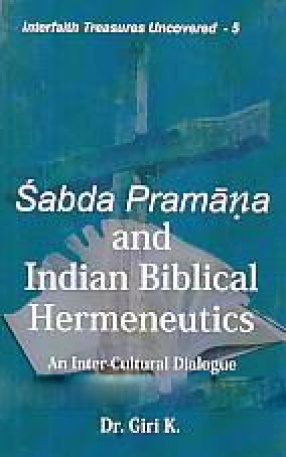
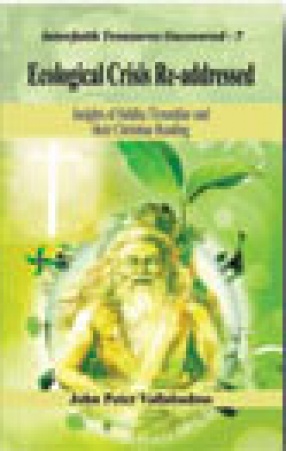
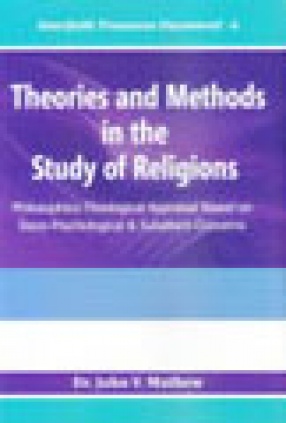
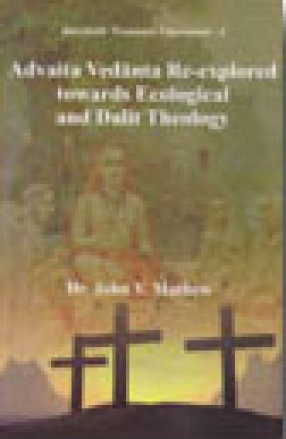

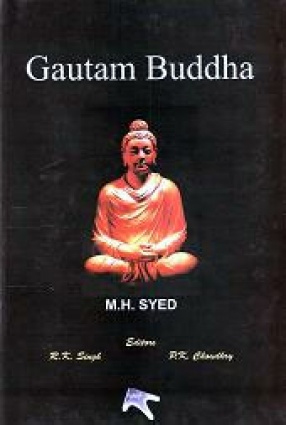

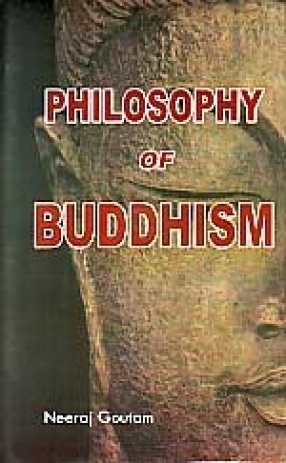
There are no reviews yet.